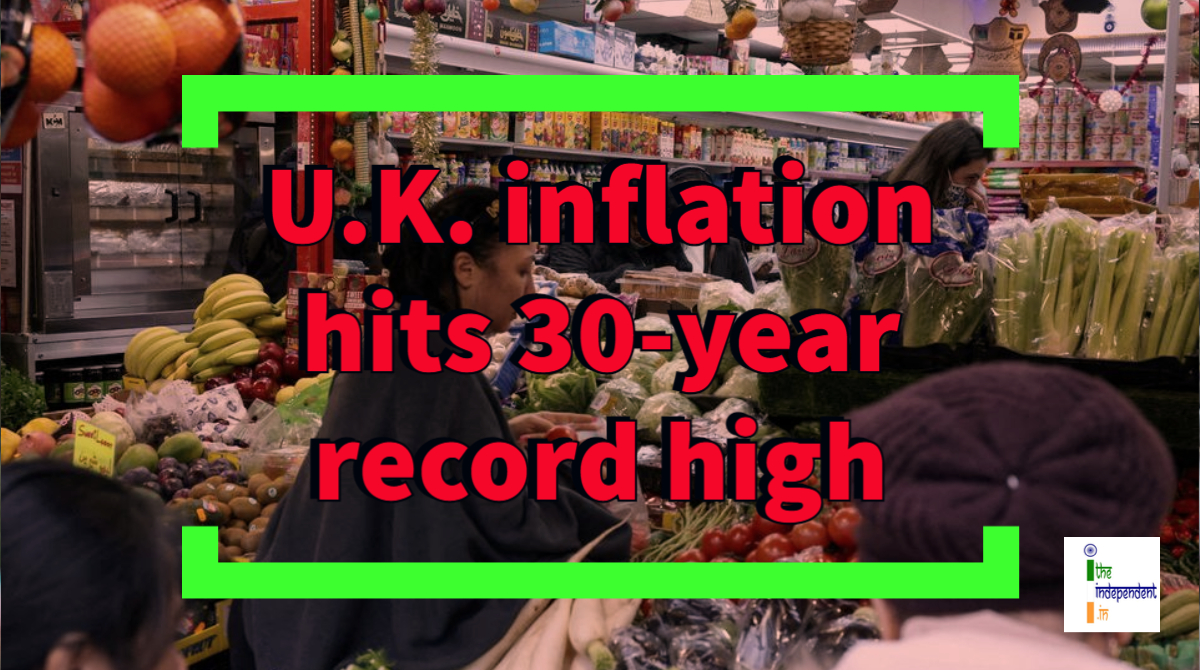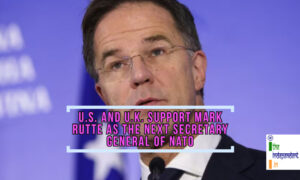
Inflation in U.K. surged to 5.4% in December 2021, highest since 1992
As per the latest figures shared by the Office of National Statistics (ONS), the inflation in United Kingdom (U.K.) surged to 5.4% in December 2021, hitting a 30-year high record.
It was in the year 1992 when the inflation rose to 7.1%. The rising energy cost and food cost are driving the inflation. As of now, the Government has put a cap on the maximum amount the suppliers can charge per household for energy consumption. However, it is set to be revised on April 1, 2022. As a result, fuel bills could increase by another 50% in the next few months.
The other factors that contributed to rise in inflation were transportation, housing, household goods, and food and beverages. The ONS also said that the rising cases of Omicron variant of Coronavirus (COVID-19) had negligible impact on the inflation.
Speaking on the occasion, the Chancellor of the Exchequer – Rishi Sunak said, “I understand the pressures people are facing with the cost of living, and we will continue to listen to people’s concerns as we have done throughout the pandemic.”
He said the Government is providing support worth about £ 12 billion this financial year and next year to help families cope.
The Boris Johnson Government, which is already facing the heat of rising prices, will fuel calls for the Bank of England to raise interest rates in a bid to dampen consumer spending and bring inflation closer to its 2% target. In December 2021, the Bank of England became the first major central bank to hike interest rates since the start of the pandemic. The rising costs will put policymakers under pressure to be even more aggressive. Experts expects the Bank of England to increase rates in February to 0.5%.
Inflation has risen sharply across most advanced economies, reflecting a global rise in energy prices and supply chain difficulties. The Bank of England appears more concerned than the U.S. Federal Reserve or the European Central Bank that labour shortages and wage pressures will cause inflation to be slow to fall back once immediate price pressures have eased.
The businesses are also getting affected due to this. The Head of the Iceland Foods Ltd., a leading supermarket chain – Richard Walker has warned that they’re losing customers to hunger.
He said, “Some of our customers only have £25 a week to spend on food, so they’re already struggling to make ends meet.”
He further said, “When you have real wages falling, Universal Credit top-up withdrawal, food inflation, tax rises, that obviously will hit hard.”
Meanwhile, the Retail Price Index, an inflation measure which is still widely used by government and some businesses, including for wage bargaining, is already at 7.5%.







